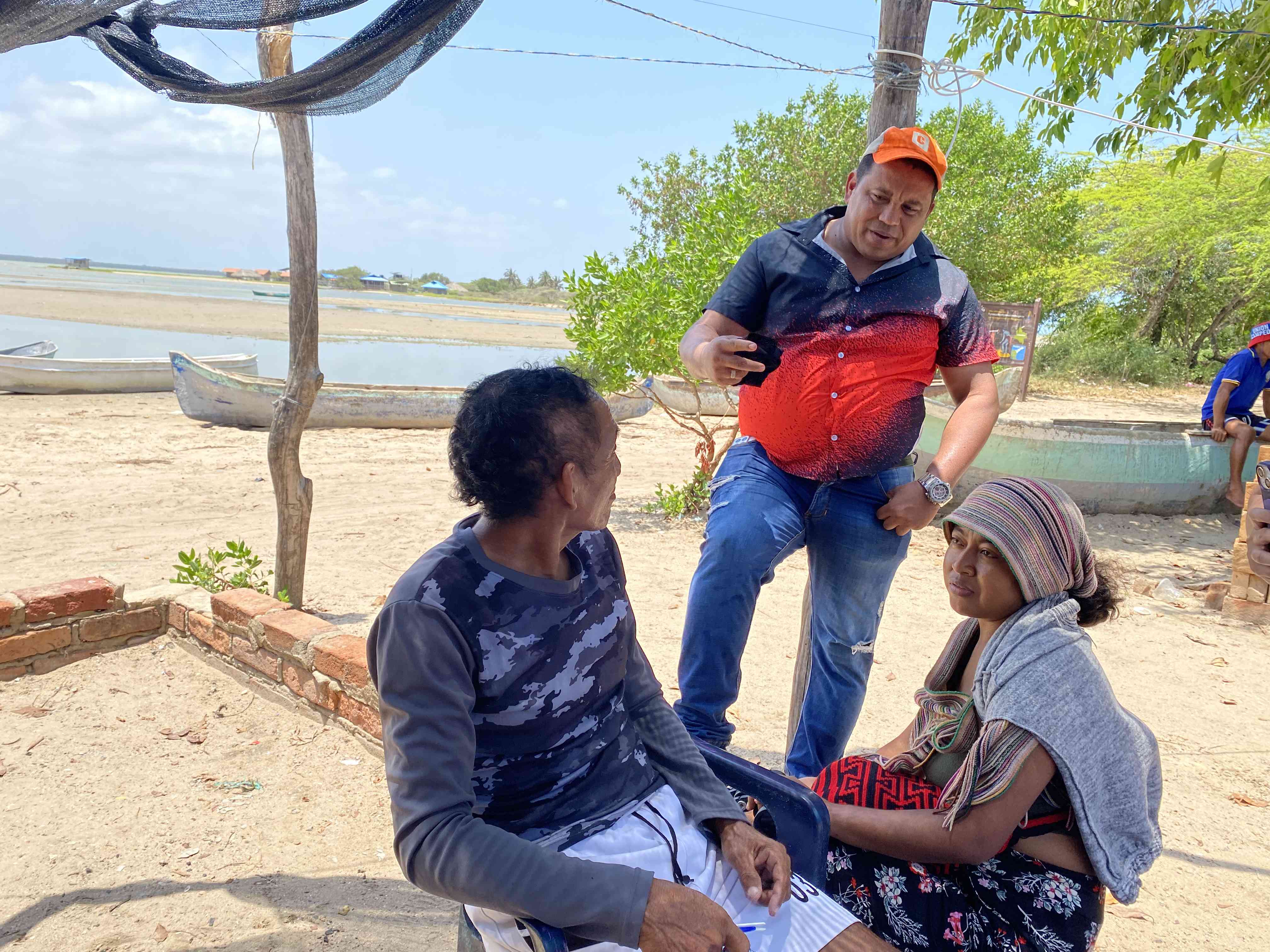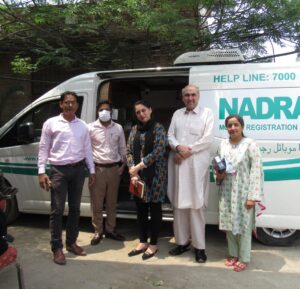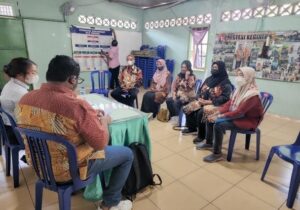Lesson Learned: Enabling Local Information and Media Literacy for a Better-Informed Society in Colombia
The strategic selection of municipalities and/or participants can significantly increase the relevance and impact of a project. This project not only prioritized information deserts but focused on working with participants that demonstrated a strong willingness to engage, as well as strong embeddedness in community structures. The participants recruited reflected the diversity of local leadership that already held influence in their communities, including teachers, Indigenous communicators, women leaders, youth activists, and community organizers.

This strategic four-year project works to increase the presence of local news in rural areas of Colombia, so as to encourage civic participation, sound governance and democratic discussion. Building on previous projects the grantee has implemented for UNDEF, journalism labs will expand from two regions to four, bringing more media and digital literacy training programmes to community leaders and groups, women and young people; support post-training local content production and communication to ensure at least one monthly product on local issues; and build an experimental media and digital literacy programme for local schools. The project is highly relevant in the Covid-19 world and its aftermath, where the fight against disinformation and for freedom of information, media literacy and online safety will be crucial; and where it will be essential to advance understanding of the specific impact of the crisis on women and young people, ensuring that responses uphold their rights and are inclusive of their needs.



